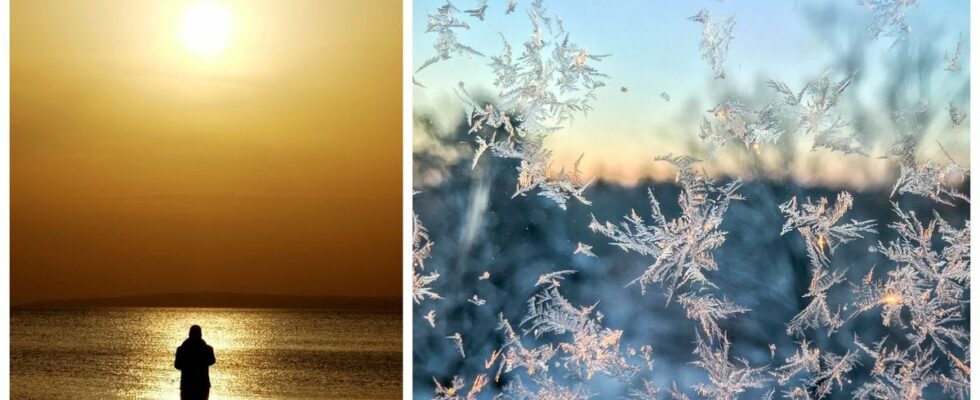Winter Solstice – What is it?
The solstice occurs twice a year: once in the summer – the so-called summer solstice – and once in the winter – the so-called winter solstice.
The latter takes place at the time when the Earth is lowest in the sky in the Northern Hemisphere. The Earth then tilts furthest away from the Sun.
When is the winter solstice in 2024?
On December 21, at 10:19 a.m., the 2024 winter solstice will occur.
And the fact is that the winter solstice usually takes place sometime around December 21.
When will it be brighter again?
During autumn and winter, many people yearn for brighter times, and after the winter solstice, the days slowly but surely get brighter as the sun rises higher and higher in the sky.
Winter Solstice: 8 Things About What Happens As We Head Towards Brighter Times
When will it be brighter again? Photo: Johan Nilsson/TTÄ Is the winter solstice 2024 the shortest day of the year?
The fact that the earth’s axis of rotation, during the winter solstice, tilts furthest away from the sun also means that the sun is up shorter than any other day.
In other words, the day on which the winter solstice occurs in 2023 is the shortest day of the year, while the night is also the longest.
The winter solstice was called “starbrak”
Of course, the winter solstice has always occurred, but in the past the winter solstice was called “starbrak” and people were then under the impression that supernatural forces were wreaking havoc during the long night.
How are we affected by darkness?
In the months leading up to the winter solstice, when the days get brighter again, it’s not entirely unusual for people to feel more tired and depressed.
The darkness causes more melatonin – a hormone that is sometimes described as man’s own “sleep aid” – to be produced. This, in turn, can affect the neurotransmitter serotonin, which, among other things, regulates our emotions and our mood.
Sources: SMHI, The Institute for Languages and Folklore, Science & Health and The National Encyclopedia
